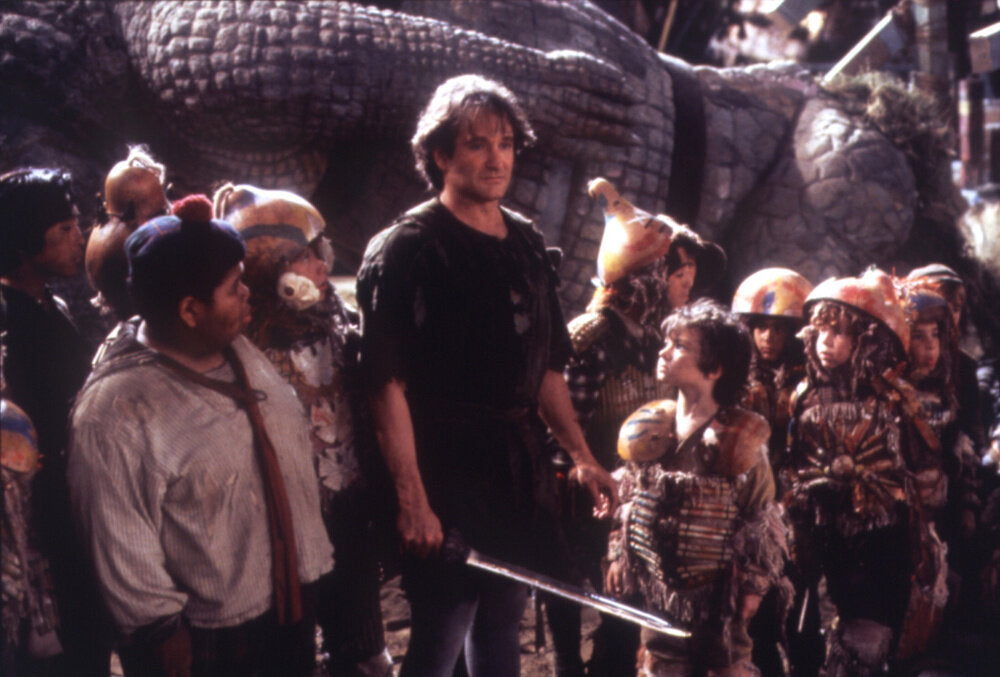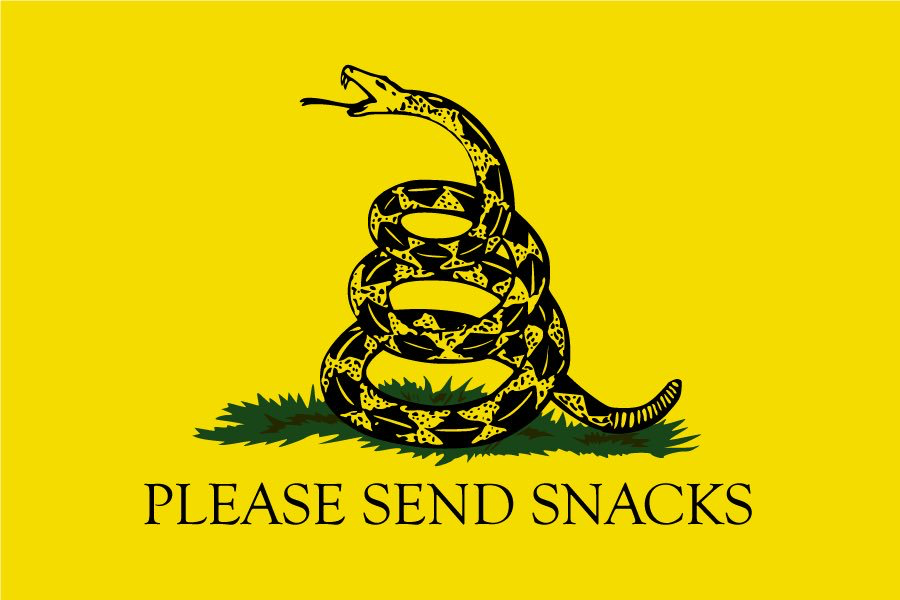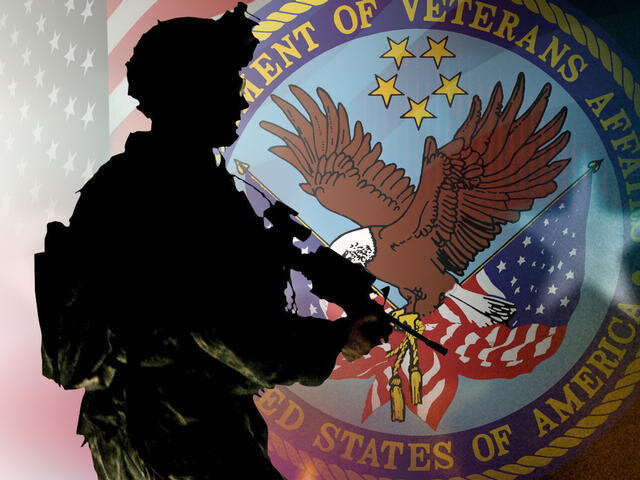
The Short Happy Life of Military Identity
Many people join because they were drawn to the awe-inspiring sense of purpose. Their branch, the uniform, their unit, an MOS, saving ‘Merika for a buck-o-five—the whole beans-and-bullets bundle gives a distinct identity—whether they wanted it or not.
It doesn’t happen overnight. For most, after the bootcampness fades, they perceive themselves pretty much unchanged; many, in fact, take it as a matter of pride not to succumb to any of the brain-dead jargon; to hold out against any of that recruiter’s officialdom. But at some pivotal moment—maybe a party back home gone awry—they look themselves in the mirror and realize exactly how damn different they’ve become.
The process of getting there varies, both in time and in severity. From the perspective of my own personal narrative: Forgoing funerals, weddings, and owning my own ass—all in exchange for doors opening that otherwise wouldn’t have. Forming the tribe. Honing lethal skills. Learning firsthand how pain and misery are often the giftwrapping for life’s greatest lessons.
And then for many of us another big day rolls around. You peel out of there, hell bent on growing your ZZ Top beard, hit up the first head shop you see, and swearing that one day you’ll show back up with earrings and flip flops on, hoping a motherfucker dare life you out. When that day comes, whether it takes three years or thirty, a transition arguably far more arduous than becoming “military” has just begun. And it is this transition that hits like a deluge, and then can seemingly last for a lifetime.
*****
Oh, These Modern Times
The civilized world in the 21st century, by and large, suffers from one, great writhing case of plot loss. Humanity may have galloped toward innovation so fast that we now smudge up against an unyielding glass ceiling. It’s now more about looking retro, wearing a beard and flannel, or sporting that leather fashion—rather than actually being a lover of late ‘60s Rock culture, being a rugged lumberjack, or being a biker. It’s like what they used to be doesn’t exist anymore—can’t exist, for some godawful reason. Industries and cultures and frontiers have evaporated. All that is left are paltry revisits and scrounging for the cleverest hashtag.
Many new veterans are particularly hard hit by an identity crisis, though they exhibit it a bit differently. Where like the cases above, a lot of people look to the past and try to redefine it to fit their own modern terms, military veterans turn nostalgia into a vice. The clichés of ritualistic obsessions, beating people to death with the same three war stories, and having Veteran translate into roughly He Who Shall Never MoveOn all exist as clichés for a reason—namely because they all occur so damn much.
While this topic usually leads to some caustic, light-hearted humor about military culture, there are a few underlining principles involved that are powerful as hell.
Pocket Systems and the Meta-System
Picture smaller circles inside a larger circle. They don’t interlock and can only exist within the confines of this larger circle’s boundary. The smaller circles are pocket systems, and the one they all reside in is a meta-system.
These systems have a direct social context; for instance, micro worlds like gang culture or the military (not to be judged as equitable on any qualitative grounds—I mean, I don’t care—but god knows someone will take it literal and get all assed up). Inside the meta-system of American society, these smaller systems exist.
A pocket system is where the weight/rank of a person is only relevant inside the system itself. Example is an E-9 has clout, while on base and, say, active-duty. But the significance of their social standing is dependent upon staying within the system that gives the social status its weight. Once outside of it (via retirement, for example) E-9 doesn’t translate into a social standing in the meta-system. Translation: Home Depot doesn’t care you used to be the senior enlisted of an entire Division—now go stack those sheets of particle board, please.
This reality is illuminated even more potently when considering specific billets. Takea drill instructor (yut). I like using this example because of the billet's iconic social context. However, notice that the billet is only relevant in the military. Or in short, there is no direct equivalence out in the meta-system.
Notice how this doesn’t apply to something like a JAG lawyer, or military trauma surgeon. Though both may be required to undertake changes to be qualified to work outside of the military, the social standing of Lawyer and Doctor are also directly relevant outside of the military.
The take away here is jobs, titles, billets, and identities that only carry weight within a pocket system are temporary. Since military work has a time-limit, those who wore the temporary identities the proudest may, and likely will, undergo a severe transition.
*****
Many veterans feel nothing they do, or will do, after military service will compare to what they did while in. The simplicity of mission accomplishment, the bonds forged, the crummy pay wildly spent, and the adrenaline rushes that put 120mph on a freeway into a soft, cute shoebox. Its all downhill from here. They may never say this explicitly, but their actions and lifestyle implicitly scream it.
The truth was always out there, just hard to realize until experiencing it for one’s self. It wasn’t going to last forever.
If you're currently in—it’s not going to last forever.
Having been out twice as long as I was in, I still think of my old MOS and my friends almost daily. For some reason my time in seems somehow more recent then things that happened last year—their impact more powerful, their tiny details so crystal clear.
How potent, yet short-term, military identity truly is.
But its no sad story; doesn't have to be. The key is to return to the disparity between Doctor and Drill Instructor. While the latter’s identity and relevance isn’t directly transferable, the intrinsic values expected to be found in it (professionalism, zeal, etc.) are the stepping stones into the future.
If you’re the gunslinger who misses your war and what came with it; pushing the limits, sweat by the buckets, and tackling challenges that deem you half-crazed all still await you in many other arenas. The medals on your wall aren't going anywhere, but neither are the mountaintops. . . and you only have so much time.
Connect the past and the future with a maniac's smile.
—Mr. Blonde
Written By David Rose (AKA Mr. Blonde)
February 29, 2016









